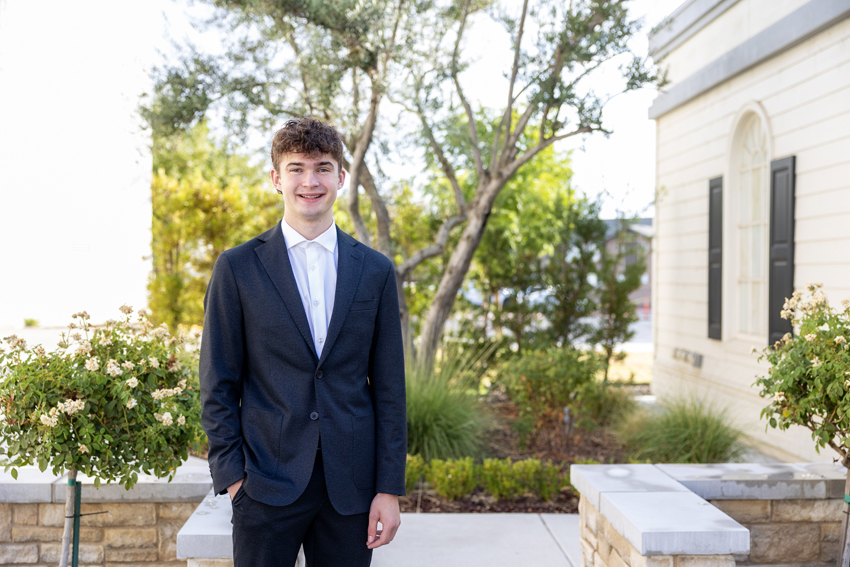
My name is Toby [Mojun] Pan, and I was born in Beijing, China where I spent the first 17 years of my life. I began attending Fresno Christian last year. After spending my first year of living in the U.S, I went back to Beijing this past summer and had a great time with my family and my friends.
I enjoyed all kinds of Chinese food and had fun with some “Chinese” forms of entertainment such as singing in KTV (karaoke), chatting with my grandparents in a teahouse inside a park and playing the game of Mahjong with my family.
However, I also had a very bizarre experience that I would like to call “reverse-culture shock”. My experience in Fresno allowed me to look at my native culture from a completely different perspective. I experienced some cultural issues with my own native land.
The first problem I encountered was, How should I identify myself in a conversation about China? For example, when my friends and I are talking about a Chinese tradition that I disagree with, I usually have trouble choosing the pronouns referring to the Chinese.
“We” or “They”?
Apparently, as a Chinese, I should use the word “we” to refer to Chinese people; but since I disagree with most of the Chinese people on certain issues, the pronoun “they” can help me clarify my stand point. However, on the other hand, the pronoun “we” is not semantically correct to use while the word “they” delivers a message that I am detaching my home country.
I believe that the problem of properly identifying themselves was, is and will continue to be the biggest issue amongst new immigrants (and long-period visitors).
However, I have noticed that Chinese and American public treat religion in a somewhat similar way.
Although Buddhism does not have a lot of true followers in China, it is still one of the most influential religions in the mainland China. Today’s Buddhism, to China, is like Christianity in America. It became more of a culture to the public instead of a serious belief. People go to religious venues regularly according to the tradition.
For example, the first day of the Chinese New Year people in Beijing (I do not know much about the tradition in other cities) usually get up really early and go to the Buddhist temple to light a few sticks of incenses and pray for a lucky year, including those who may be downright atheists.
The biggest and most interesting struggle I encountered back home was actually a language barrier. I know it sounds ridiculous, but it is true.
In spite of my habit of using English words in certain circumstances, some exclusive American concepts still caused some confusion when talking to my family and friends. In fact, my experience was a perfect demonstration of the point Sartre depicted in his works. Languages are tools to refer meanings, yet not every culture behind the language understands the meaning that other cultures are trying to explain.
For example there are a lot of words that only make sense in American English, such as “Homecoming”, “rotini”, “serendipity” and so on.
Junior Olivia Tandadjaja, who is a second year international student from Indonesia, also expresses the same feeling.
“Sometimes I involuntarily use English in my Indonesian sentences,” Tandadjaja said. “My friends think I am trying to act all-American, which I’m not. I mean I can speak both of the languages pretty well, but I just mix up all the words sometimes.”
Although that summer was somewhat challenging to me, the understanding of cultural was precious to me.
Follow The Feather via Twitter: @thefeather. This writer can be reached via Twitter: @MojunPan.
For more opinions, read the Sept. 16 article, Fu reflects on education controversies in Taiwan






